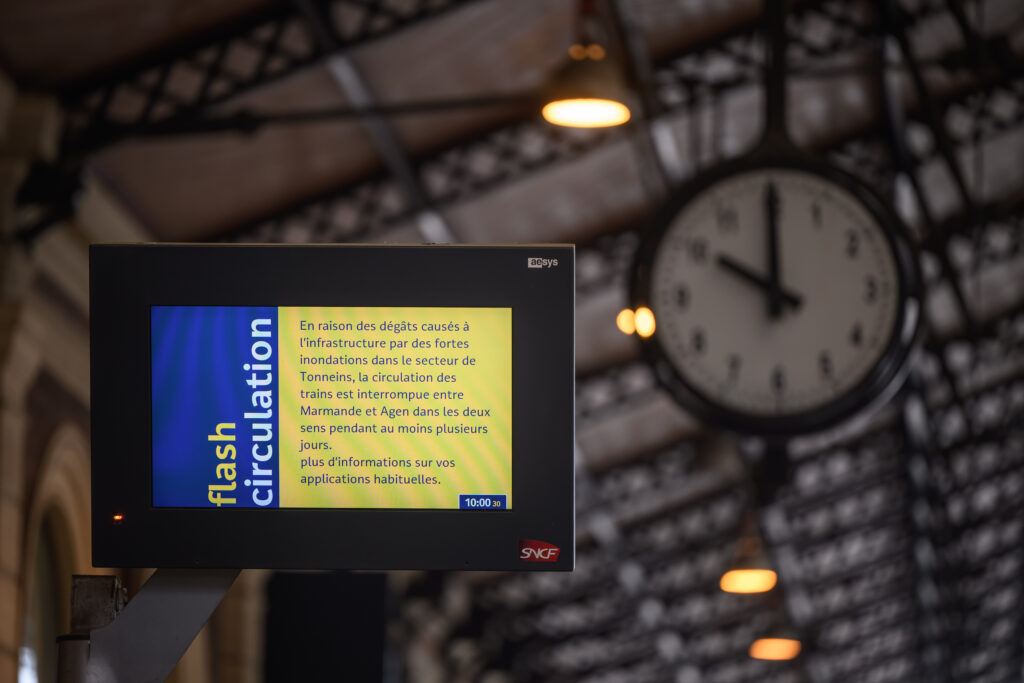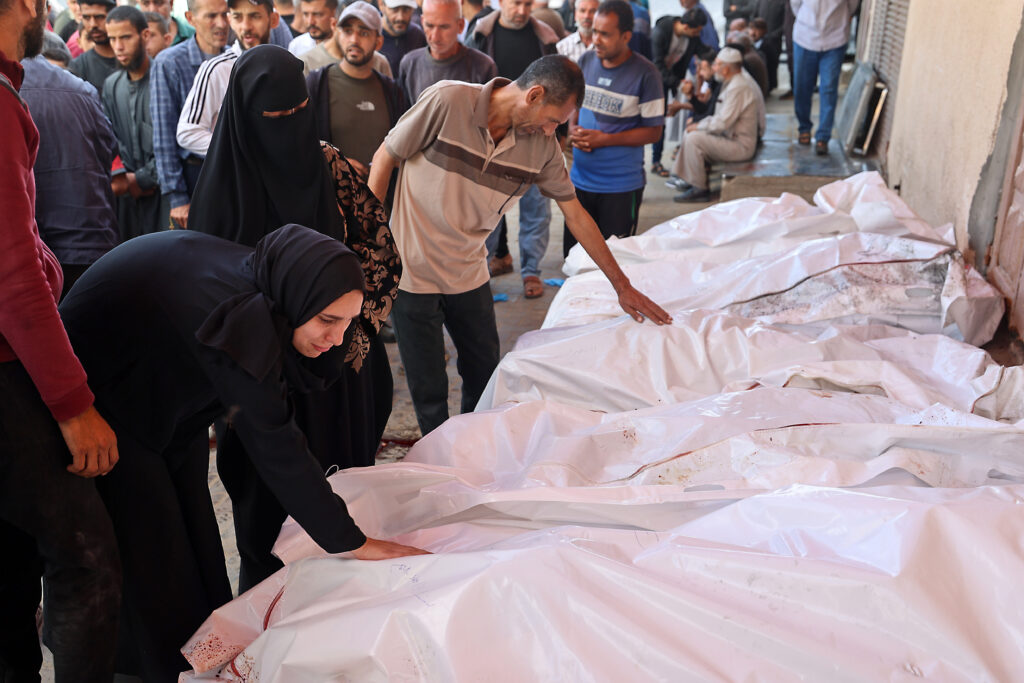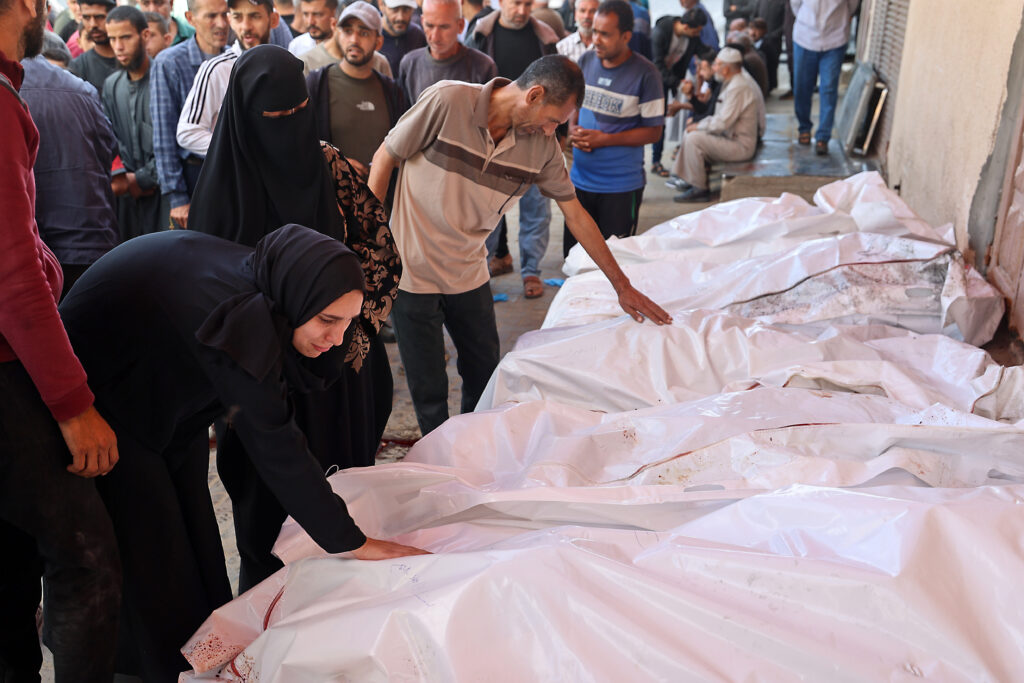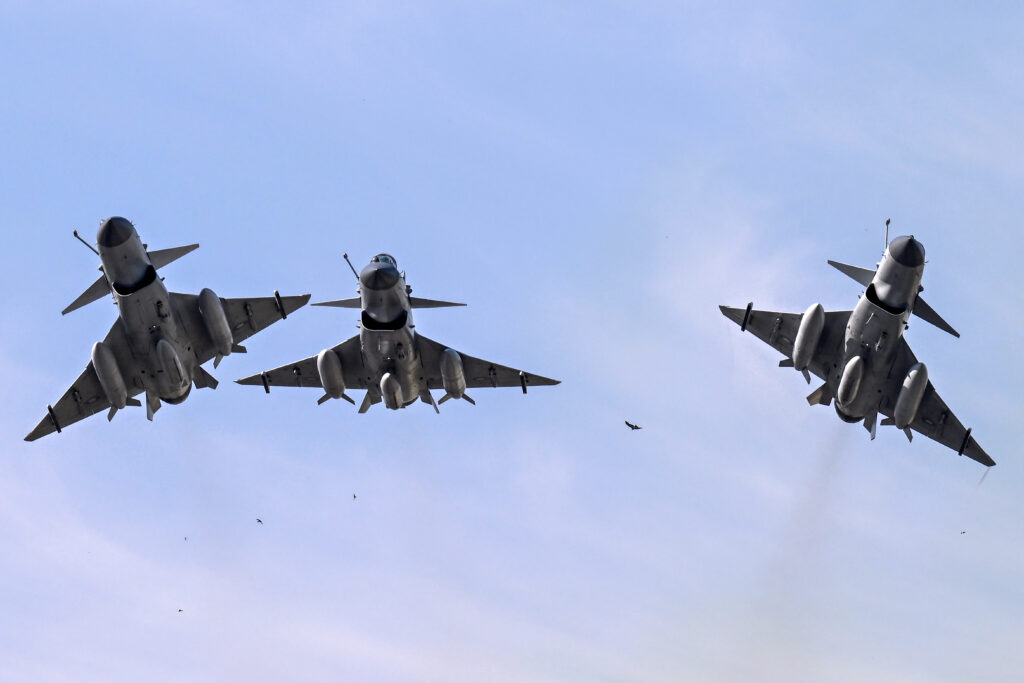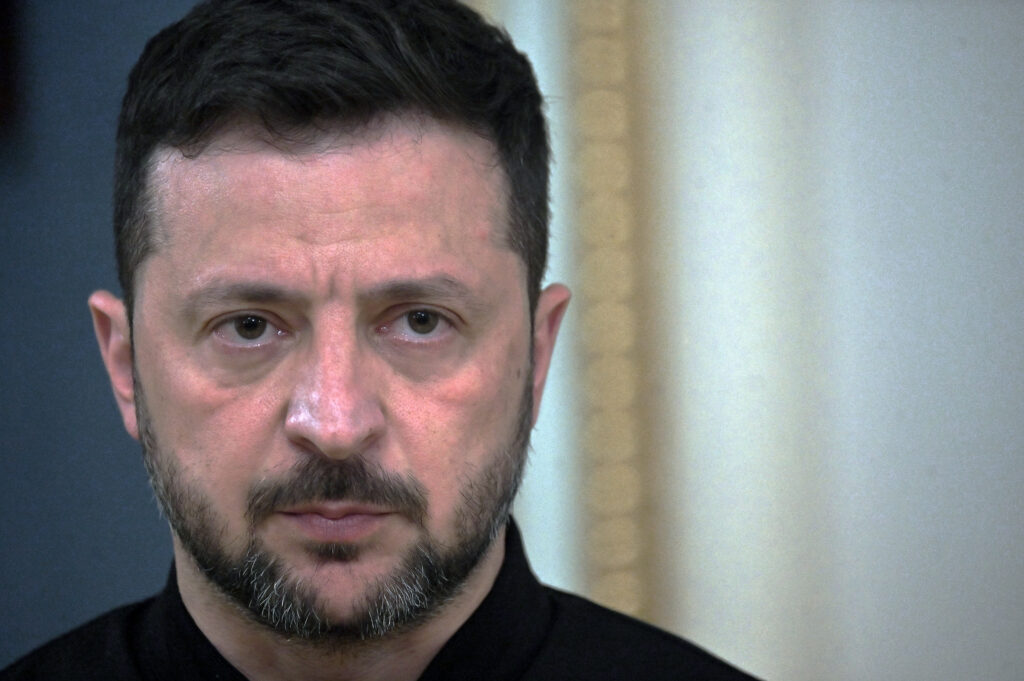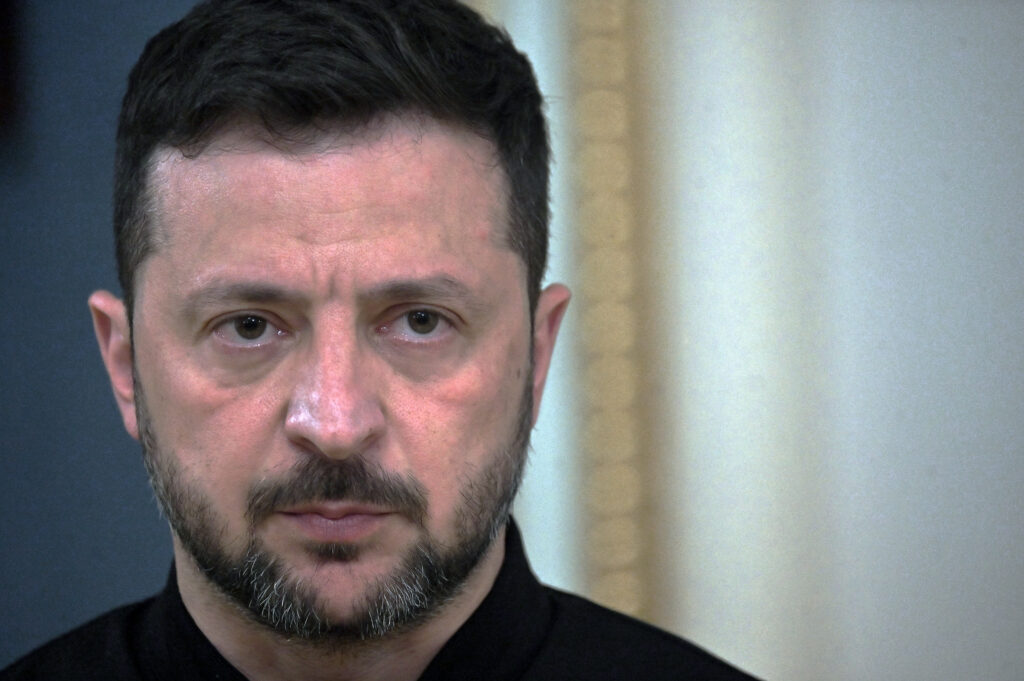Grêle, fortes pluies dans le Sud-Ouest, trafic TGV Bordeaux-Toulouse interrompu plusieurs jours
Des orages de grêle et de fortes pluies se sont abattus dans le Sud-Ouest lundi en fin de journée, occasionnant des inondations, des dégâts, notamment sur la ligne ferroviaire Bordeaux-Toulouse, sur laquelle aucun train ne pourra circuler pendant plusieurs jours.Près de Tonneins, dans le Lot-et-Garonne, la voie ferrée a été endommagée, les pluies diluviennes ont fait déborder un ruissseau qui a emporté le ballast sous les rails sur une dizaine de mètres, interrompant la liaison TGV Toulouse-Bordeaux-Paris.Un TGV a dû s’y arrêter en pleine voie dans la nuit de lundi à mardi, ses 507 passagers étant évacués par bus vers une salle municipale. L’opération de secours a mobilisé une soixantaine de personnes (pompiers, gendarmes, bénévoles de la Croix-Rouge, etc.), selon la préfecture.- Catastrophe évitée -“On a frôlé la catastrophe, les voies étaient à nu et le TGV en suspension”, a témoigné auprès de l’AFP le maire de la commune, Dante Rinaudo. Décrivant des “avalanches d’eau” dans la ville, qui ont inondé des caves et des maisons, l’élu réclame une reconnaissance de l’état de catastrophe naturelle.Un train Intercités reliant Toulouse à Paris est lui resté bloqué toute la nuit à Agen, en raison de ce même incident, selon un journaliste de l’AFP qui était à bord. Ses passagers ont été acheminés en bus vers Toulouse mardi matin pour prendre d’autres trains vers Paris, la ligne Paris-Limoges-Toulouse restant opérationnelle.Selon une porte-parole de la SNCF, la circulation ferroviaire restera coupée pendant “au moins plusieurs jours” entre Agen et Marmande, impactant ainsi le trafic des TGV entre Bordeaux et Toulouse. Des précisions doivent être apportées dans la journée par la compagnie.- Ponts emportés -Près de Montauban, il est tombé en quelques heures plus de 100 mm de pluie sur le village de L’Honor-de-Cos. Trois petits ponts enjambant un affluent de l’Aveyron ont été emportés par un ruisseau qui s’est transformé en torrent, détruisant également un solide parapet en béton.Un hameau où vivent 50 habitants est désormais coupé du village. “Je n’avais jamais vu ça. Le ruisseau il est monté de cinq mètres, et ça a emporté les ponts, la station d’épuration, des moutons, un poney. On a passé toute la nuit à secourir les habitants. Heureusement, on n’a pas de blessés”, témoigne le maire Michel Lamolinairie.”A la supérette, cinquante bonbonnes de gaz ont été emportées par les flots”, ajoute l’élu, regrettant également les dommages causés par la grêle dans l’exploitation “d’un des plus gros arboriculteurs du coin”, où 80% des arbres sont touchés.Dans les bourg voisins de Nègrepelisse et Castelsarrasin, de nombreuses maisons ont été inondées.Les intempéries ont par ailleurs provoqué une chute d’arbre dans le centre de Toulouse, l’inondation de routes secondaires et des évacuations d’écoles. Les pompiers ont procédé à des centaines d’interventions dans la dizaine de départements qui avaient été préalablement placés en vigilance orange par Météo-France.Les cultures de la vallée de la Garonne, déjà touchées par un excès de précipitations ces derniers mois, ont été affectées par la grêle, les agriculteurs devant évaluer les dégâts dans les prochains jours.En Lot-et-Garonne, des parcelles et coteaux de semis d’été (tournesol, maïs, soja) ont été “emportés par des coulées de boue”, selon Patrick Franken, président de la Chambre d’agriculture. “On a déjà vu des orages en mai, mais avec une telle intensité, c’est très rare.”Selon son homologue des Landes, Marie-Hélène Cazaubon, l’épisode a touché partiellement les vignobles de l’armagnac et de Tursan, où les dégâts étaient en cours d’évaluation par les producteurs.Mardi matin, la vigilance orange était levée dans la région, seul le Var, dans le Sud-Est, restant placé par Météo France à ce niveau d’alerte. “Une dépression circule en Méditerranée et provoque de forts orages sur les départements côtiers de la région Paca”, écrit le service de prévisions dans son dernier bulletin à 10H00.ap-gd-tsq-paa/jp/pta
